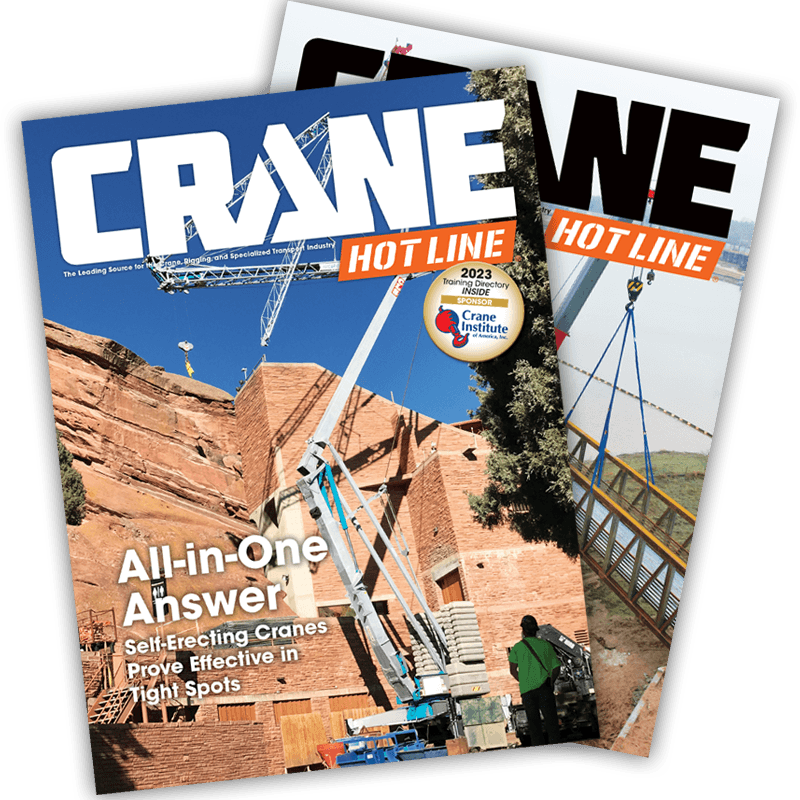SC&RA to Take Part in FHWA Emergency Route Working Group
December 28, 2016 - The Federal Highway Administration (FHWA) has established the Emergency Route Working Group (ERWG) for a two-year period, and SC&RA has been nominated for participation.
ERWG was created to develop best practices recommendations for expediting state approval of special permits for vehicles involved in emergency response and recovery. These recommendations will be given to the U.S. Secretary of Transportation, through the Federal Highway Administration. ERWG will provide recommendations that apply to existing legal frameworks and not advice that would require changes in state or federal law.
SC&RA is enthusiastic about participating in this important process, and will be advocating the following policies and campaigns:
- Streamlining the process for permitting and moving oversize/overweight loads both safely and efficiently. Examples of such loads delivered by SC&RA members include: emergency transformers and generators to restore power for communities, hospitals and industries, cranes to respond to emergency railroad derailments, and temporary shelters.
- A program developed last year that created an exclusive SC&RA carrier member directory for EEI’s Utility Companies (which represent 75% of U.S. utilities) to contact for movement of emergency transformers, and a forthcoming partnership with EEI planning routing for the movement of transformers.
- Improved state and local permit jurisdictional contact information to be made readily available through organizations such as AASHTO and CVSA. This includes offering SC&RA assistance to government officials to adopt the recommendation from the 2013 Federal Study - NASTO / I-95 Corridor Coalition Hurricane Sandy After Action Review (AAR) prepared by Cambridge Systematics for: I-95 Corridor Coalition and Northeast Association of State Transportation Officials (NASTO): Action Item, which included the suggestions below.
- SCOHT members should develop a set of harmonized permits which, when combined, allow for seamless end-to-end multistate travel for appropriate loads during emergency situations.
- State members should discuss whether single-trip or multi-trip permits are appropriate, whether fees should be collected, and whether the permits are issued in advance and triggered by a declaration or are issued only after a declaration.


